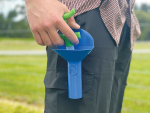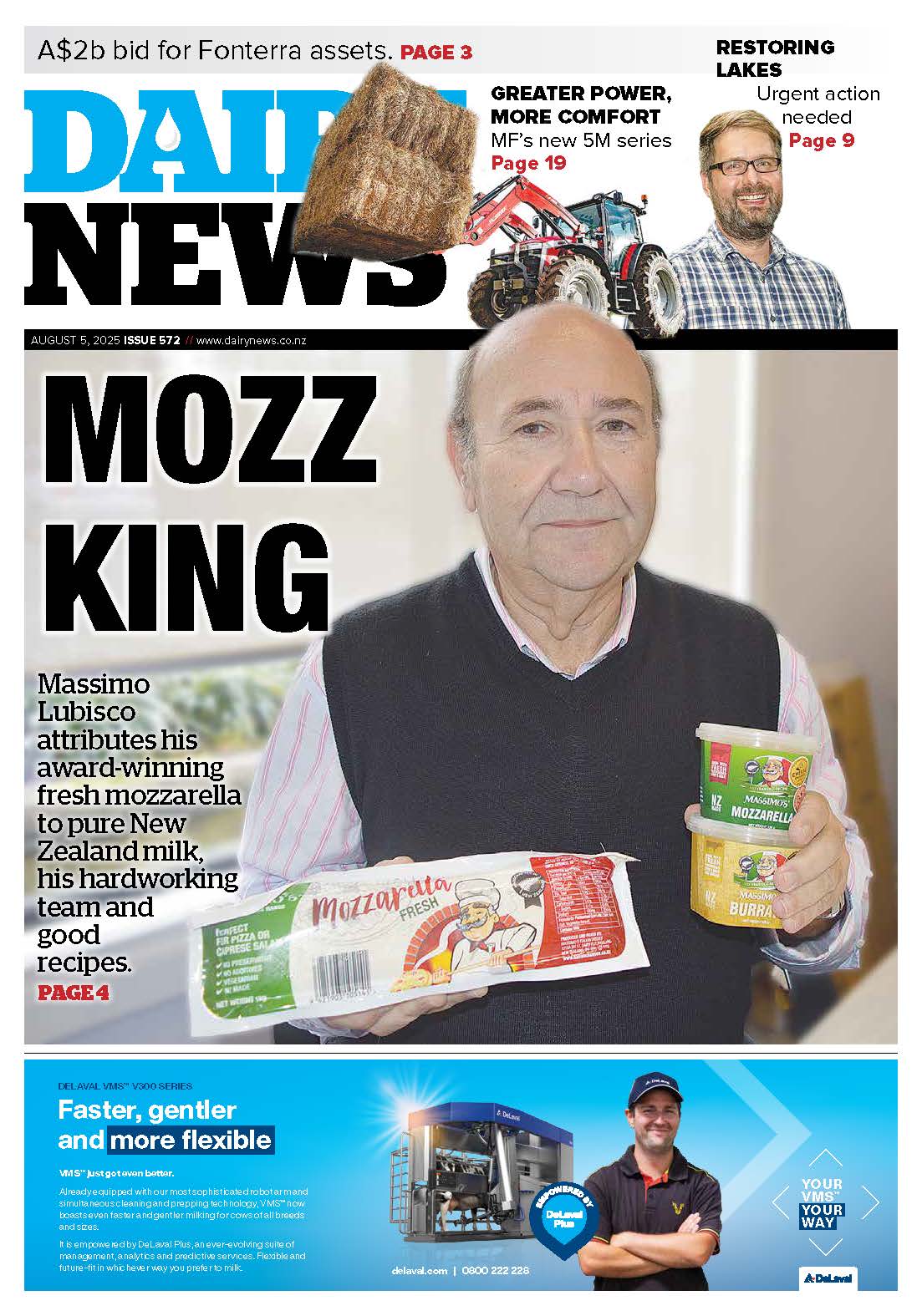Even if they did, the extended dry period means protection from antibiotic will be waning, if not completely gone, by the time they calve so mastitis risk will be raised, warns DairyNZ mastitis specialist and technical developer of the SmartSAMM programme, Dr Jane Lacy-Hulbert.
“Most dry cow products only have a certain length of activity. Once you’re beyond that six, eight or ten week prescribed period then you’re reliant on the cow’s natural defences and the keratin plug that forms to seal the teat.
“The problem with that is if the plug leaks as she starts to bag up before calving, the bacteria can get in.”
Artificial internal teat sealants provide a more reliable plug for extended dry periods. DairyNZ’s advice has been to use something for every cow at drying off, either dry cow antibiotic treatment, an internal teat sealant or a combination of the two. All treatments are subject to veterinary advice.
A survey four years ago indicated 75% of cows in New Zealand are treated with intra-mammary antibiotics at drying off, with half the 400 farms surveyed treating the whole herd, and the remainder selectively treating.
However, this year’s early dry-offs due to drought, and possibly associated cashflow concerns, may mean that some cows have gone untreated, says Lacy-Hulbert.
Dry cow antibiotic products should not be administered after drying off so retrospective action isn’t advised. The problem with antibiotic after drying off is it won’t spread through the udder – “they need to go into a milky udder to do their job” – and the risk of antibiotic grades when the cow comes back into milk is great.
“Internal teat sealants are useful with heifers about one month to six weeks before calving but to be safely used on a dry cow, the udder would have to be very, very clean, to minimise the risk of introducing infection when administering the product.”
Veterinary advice should be sought to decide what to do for cows that received no treatment at dry off, says Lacy-Hulbert. One thing that can be done to reduce the risk of mastitis where cows missed drying off treatment, or simply where the dry period has been extended, is to use teat spray.
“Ideally apply normal teat spray a couple of times a week, particularly for the last two or three weeks before calving, especially if they’ve not been protected internally in the udder.”
The teat spray will help reduce populations of mastitis bugs on the teat ends, hence reducing the risk of them entering the udder should the teat canal open before calving, she explains.
















